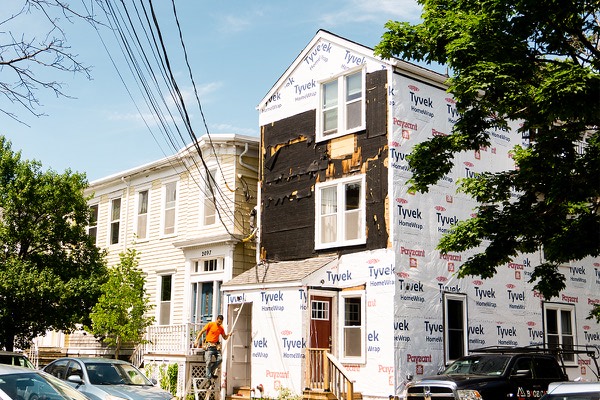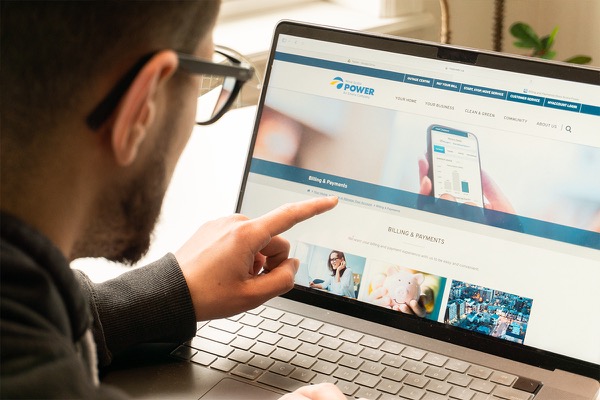Should you invest in rental properties? In this post, we discuss some key points to consider before taking the plunge.

Everything to know about gifted down payments
Are gifted down payments something you should consider as a home buyer? The idea of receiving this kind of gift is certainly amazing, but there are some important factors to consider. Both the buyer and the donor must be on the same page before committing to the process. Here are the big points to know.
What are they?
Gifted down payments are pretty much how they sound. Every home buyer needs to contribute a down payment when they purchase a property. Down payments are usually between five and 20 per cent of the purchase price that must be paid upfront. When someone “gifts” you a down payment, it means they are contributing the down payment for you. Since down payments are huge sums of money that can take a long time to save, parents often cover the down payment for their child’s first home, for example. Basically, the home buyer is not the person paying for this upfront cost of homeownership.
Who can give them?
Not everyone can just give their money to someone in need and cover their down payment for them. Gifted down payments must come from an immediate family member. This could be a parent, sibling, or grandparent. The donor must also acknowledge the gift is not a loan. This means the home buyer will not be expected to pay the donor back at any point. Lenders need to know the buyer is not going to end up in debt to their donor while making their mortgage payments. The gifted down payment can cover some or all of the costs.
What do you need?
There are several items you and the donor need to present in order to complete the gifted down payment process. This includes:
Donor letter
A donor letter addresses what we mentioned above about the gift not being a loan. The donor must agree in writing that they are giving the home buyer the funds as a down payment, and the funds do not need to be repaid. They will also confirm who they are in relation to the buyer, and include their contact information. The donor letter is proof of the donor’s (and the down payment) existence.
Proof of money transfer
Of course, your lender will need to know once the gifted down payment has reached your bank account and is ready to be used. Once the down payment is in your account, you will confirm this with the lender by showing them where the money came from, and that the proper amount is present. This proves the source of the down payment is legitimate and not a result of money laundering.
Proof of donor funds
The donors of gifted down payments become a key player in the home buying process. Therefore, lenders will need to know they have the funds to do so. This is fairly straightforward, as the lender just needs to see proof on the donor’s end that they have the down payment money in their account. This ensures the money is ready to use, and that it is coming from the person listed on the donor letter.
Proof of home owner’s funds
While down payments can be gifted, closing costs cannot, and lenders will need to know you can make these payments on your own. This is to ensure you have the ability to financially support your home purchase. You will have to show the lender you have the funds to cover these costs in order for them to proceed with your application.
What are the pros and cons?
There are two key pros with gifted down payments. First, as a home buyer you might be able to work with a bigger budget. If your down payment is taken off your plate, you might have extra savings you can use to expand your housing search. Alternatively, gifted down payments can help you reach a 20 per cent down payment and avoid the costs of mortgage default insurance. Second, you might be able to enter the market sooner. If this large cost is covered for you, you may not have to spend as long saving, meaning you can purchase your home more quickly.
On the other hand, gifted down payments have a couple of drawbacks. The first is the risk on the donor end. If the donor cannot truly afford this gift, it could cause financial trouble for them. If you are planning on giving a down payment, it’s essential to make sure it is a realistic move for you. Second, the buyer who receives a down payment is at risk of becoming house poor. Accepting a gifted down payment might tempt you to increase your budget by a large amount when it’s not something you can sustain long-term. As a result, you are left with mortgage costs you struggle to make. To avoid being house poor, make sure to stick to a realistic budget when you buy!
Gifted down payments can be great for some people, and they are definitely a wonderful gesture from the donor. However, it’s still important to be sure you can support homeownership costs long-term, which is why getting in touch with a broker is essential! We can help you find the right home and mortgage product so you can enjoy the homeownership experience to its fullest.
If you have any questions about your mortgage, get in touch with us at Clinton Wilkins Mortgage Team! You can call us at (902) 482-2770 or contact us here.


